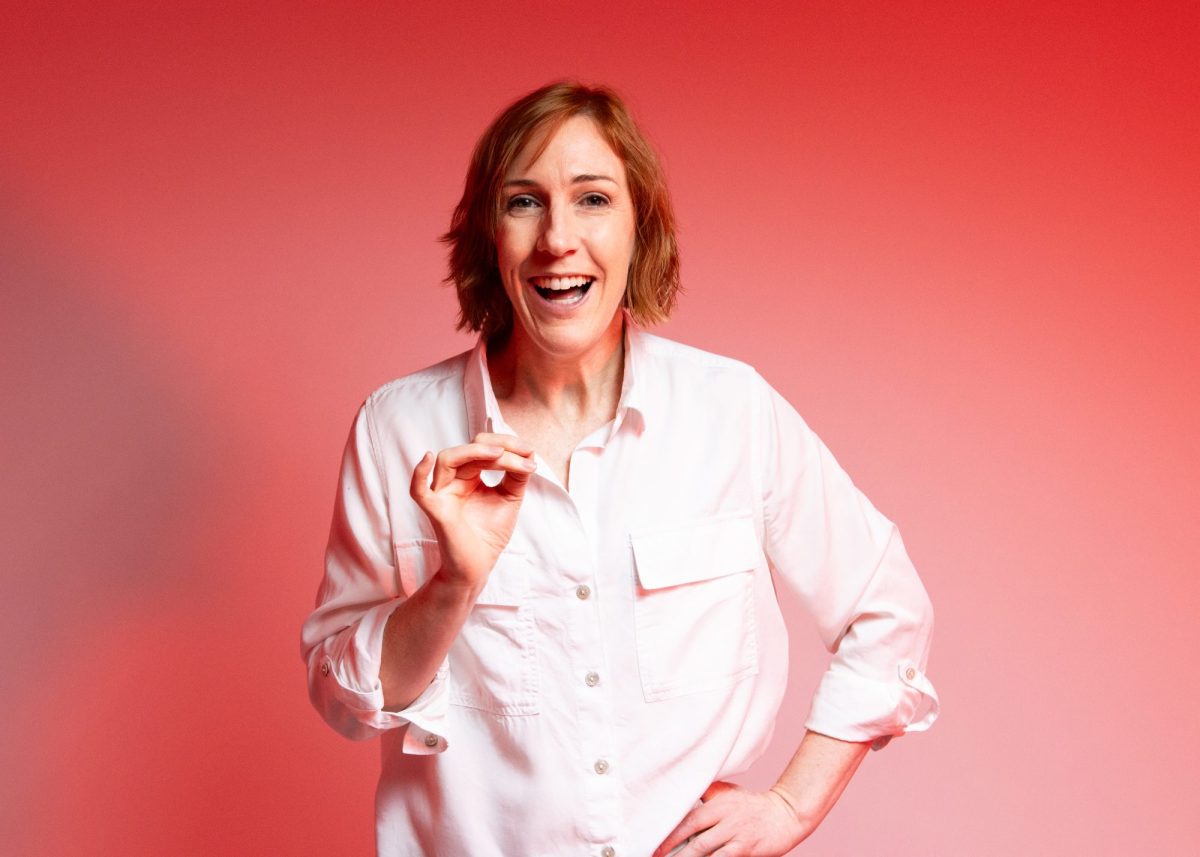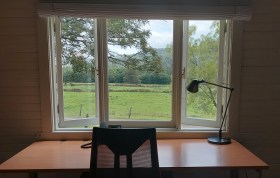For many in the creative industries, unpredictability is part of the job. While it’s a source of inspiration and energy, it can also take a toll, mentally, emotionally and financially. That’s where the Support Act Wellbeing Helpline comes in.
Free, confidential and contactable 24/7, the Helpline offers tailored mental health support for people working in music, and now the broader creative sectors. But it’s more than just a crisis line – it’s a recognition that creative work is real work, and that those who do it deserve specialised care.
Jump to:
Creative work carries unique pressures
Juggling multiple contracts, coping with long stretches between jobs or navigating the emotional intensity of performance – these aren’t challenges you can always explain easily to a generalist. This is why the Helpline has been designed with the specifics of creative life in mind.
Actor and movement director Lyndall Grant has worked across stage and screen for more than two decades. She says the industry’s instability can wear people down over time, but many hesitate to reach out for help.
“Most people, given the choice, would go, ‘I’m sick of this insecurity, I just want some money coming in every week. But every time I’ve thought about that, there’s just a repulsion. Every part of me rebels and says I can’t. This is who I am,” says Grant.
That deep commitment to the work is often paired with a reluctance to admit struggle, or a belief that others have it worse. But the Helpline meets artists and arts workers wherever they are. Whether you’re dealing with performance anxiety, financial stress, burnout or relationship pressures at work, there’s no issue too small.
Confidentiality builds trust
In tight-knit industries, privacy is more than a ‘nice to have’ – it’s essential. People worry that seeking support could compromise their reputation, or that their concerns may become gossip. Support Act takes this seriously. All calls to the Helpline are handled by qualified clinicians, entirely separate from your employer or your peers. No one in your circle will know you’ve reached out unless you choose to tell them.
“It’s a massive relief to know it’s confidential,” Grant says. “Especially when you’re known, or when you’re connected to a close professional community, the risk of being judged can stop people from asking for help. This breaks through that.”
This is not just for moments of crisis
Contrary to what many think, you don’t need to be at breaking point to access the Helpline. In fact, early intervention is encouraged. Support is available for all kinds of challenges – even if it’s just needing to talk through a stressful situation, an upcoming audition or a difficult conversation at work.
“It’s not just somewhere you call in a crisis,” Grant explains. “Sometimes it’s just that you need a sounding board. You’re worried about money, or you’re just not coping. The worst thing you can do is ignore those things and burn yourself into the ground.”
With up to 12 free counselling sessions available through the Helpline, the support goes far beyond a single phone call. This depth of access is rare, and it’s been developed in consultation with people from within the creative industries themselves.
More than a helpline
While the Helpline offers access to trained mental health professionals, it also goes beyond traditional counselling support. Much like an Employee Assistance Program (EAP), it provides a suite of additional services designed to respond to the complex, real-world pressures faced by people working in the creative industries. This includes access to Critical Incident and Trauma Support, Financial Counselling, Legal and Nutrition Counselling (first session only), as well as guidance for Managers and Supervisors, Mediation and Conflict Resolution, and Redundancy and Restructure Support.
These services recognise that mental wellbeing isn’t just about emotional health – it’s also deeply connected to job security, finances and interpersonal dynamics. It’s about building a comprehensive safety net designed to meet the evolving needs of a creative workforce often working without one.
Support for everyone in the sector
One of the most common misconceptions about the Helpline is that it’s just for musicians, or just for performers. In reality, the service is available to a wide range of people across the creative ecosystem, including crew, producers, technicians, production staff, managers, arts workers, visual artists, writers and even students studying a creative discipline.
There’s no threshold of experience or seniority required. If you work in the creative industries, you’re eligible. “The fact that someone is standing there saying, ‘hey, we’re here to help you out’. That’s phenomenal,” Grant adds. “Because we’re so used to being shafted, to being under-resourced. This is a real shift.”
A vital step towards sector-wide wellbeing
The Helpline may not solve every systemic challenge facing the creative industries arts, but it’s a significant and timely resource. It acknowledges the very real mental health toll of working in the creative industries, and offers support that’s practical, professional and rooted in understanding.
And sometimes, just knowing it’s there can make all the difference. “I found out recently that you can actually get 12 free sessions,” Grant says. “I mean, that’s amazing.”
Whether you’re on tour, in rehearsal, freelancing between gigs, working on a script or a new book, creating a piece of art or working behind the scenes, help is only ever a phone call away.
The Support Act Wellbeing Helpline is funded with support from Creative Workplaces. To learn more or access the Support Act Wellbeing Helpline.






